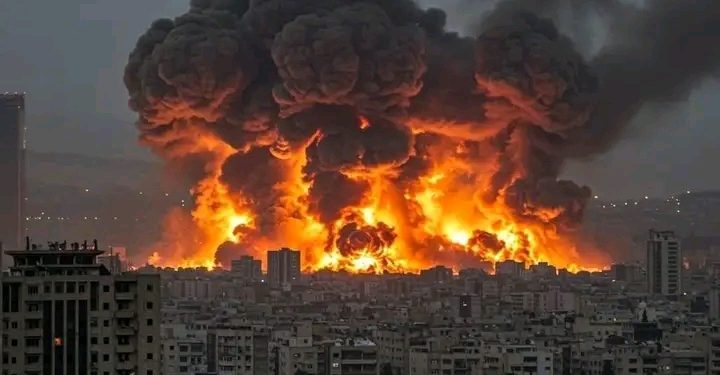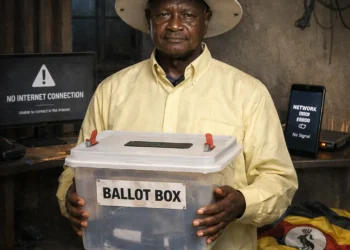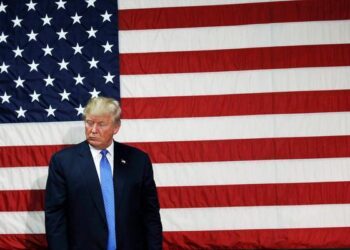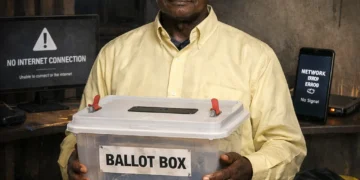The United States has finally crossed a red line, one that Iran says is “unforgivable.” In the wake of U.S. and Israeli strikes on Iranian nuclear facilities, Iran’s Foreign Minister Abbas Araghchi made it clear: “They crossed a very big red line by attacking [Iran’s] nuclear facilities.” These aren’t just diplomatic slaps. These are full-blown military escalations, and it’s no longer a question of if Iran will retaliate — it’s when and how.
The U.S.-Iran conflict didn’t begin last week. It has been simmering for decades, often manipulated by whichever American president needed a foreign enemy to posture against. But Donald Trump — with his ego-driven foreign policy and erratic diplomacy may have finally pushed this cold feud into a full-scale global war.

“They Only Understand the Language of Threat and Force”
In his statement at the OIC summit in Istanbul, Araghchi accused the U.S. of abandoning diplomacy. “So we were in diplomacy, but we were attacked,” he said. “They have proved that they are not men of diplomacy, and they only understand the language of threat and force.”
This isn’t Iran just whining. It’s a direct declaration that military response is on the table. Araghchi also confirmed he would be meeting with President Vladimir Putin, saying, “I’m going to Moscow this afternoon to hold serious consultations with the Russian president tomorrow.” This alone tells you that Iran is ready to align with America’s biggest geopolitical adversary.
Trump, hours after ordering strikes on Iran’s nuclear sites, had the nerve to say, “Iran must now agree to end this war.” That’s like punching someone in the face and then demanding they shake your hand. Iran isn’t buying it. In Araghchi’s words: “Any demand to return to negotiations is irrelevant.”
Trump’s Reckless Warpath — And the Fallout
Let’s not forget the facts. Iran’s nuclear program was under control until Trump pulled the U.S. out of the Obama-era nuclear deal in 2018. That deal, according to most international experts, had succeeded in limiting Iran’s uranium enrichment activities. But Trump, eager to please Netanyahu and his conservative base, scrapped it and instead threatened Iran with sanctions and military aggression.
Now, we’re watching the result of those decisions. Trump went from “peace deal” posturing to full-blown war orders. As former CIA analyst Kenneth Pollack puts it, we’ll only know the impact “if we can get through the next three to five years without the Iranian regime acquiring nuclear weapons.” But the reality is, the U.S. strikes may have just made nuclear ambitions more tempting for Tehran.
Trita Parsi, of the Quincy Institute, said bluntly: “Trump has now made it more likely that Iran will be a nuclear weapons state in the next five to 10 years.” The irony is that the strikes were supposedly meant to prevent that outcome. But that’s what happens when you trade strategy for short-term macho politics.
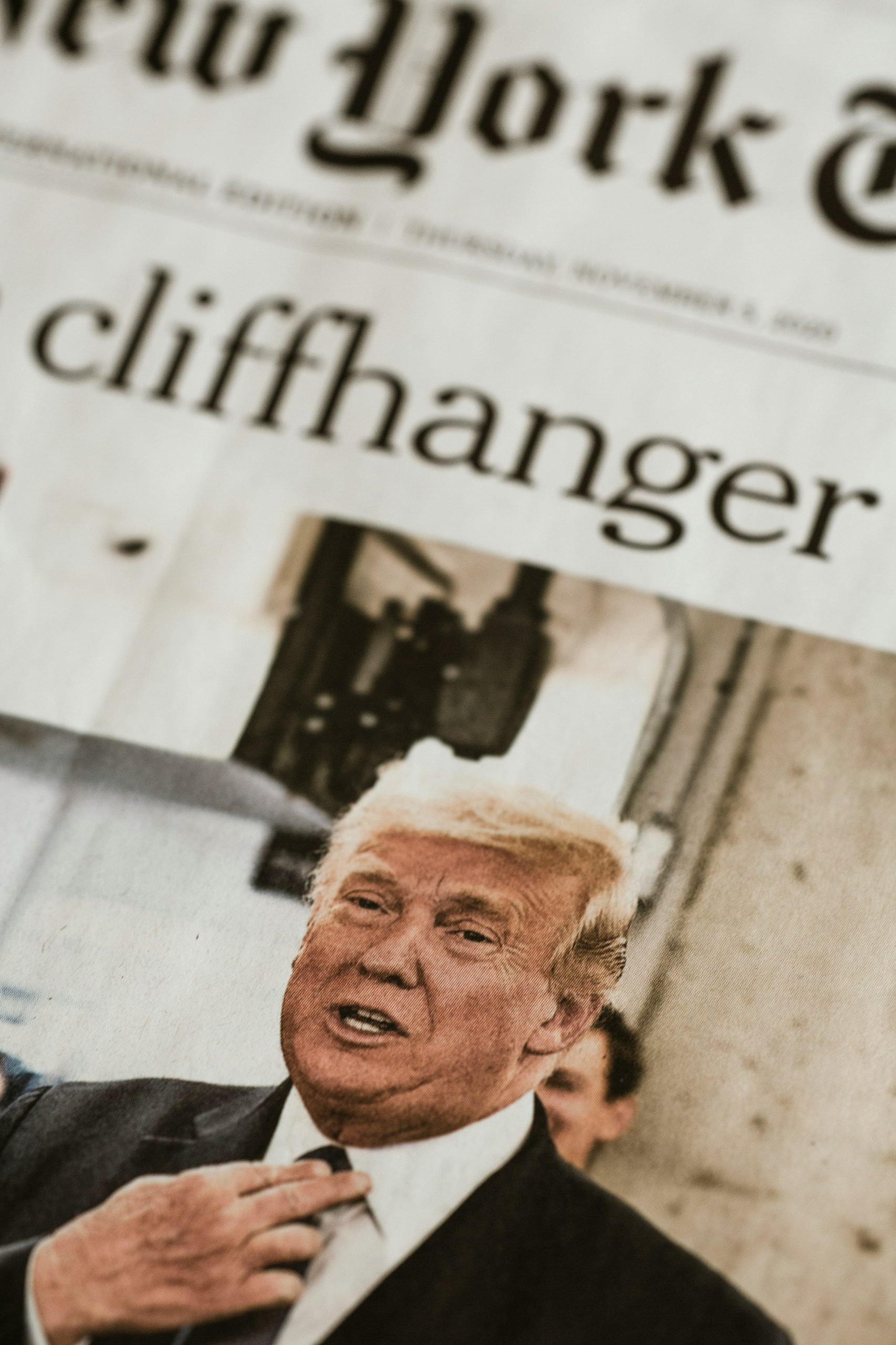
From Gaza to Syria, Trump’s Chaos Is Everywhere
Is Trump responsible for all the world’s wars right now? No. But his actions have been the gasoline poured over already burning fires. Since the October 7, 2023 Hamas attack on Israel — an act widely believed to have Iranian support, Israel has obliterated Gaza and smashed Hezbollah in Lebanon. Trump, emboldened by Israeli Prime Minister Netanyahu, saw a chance to join the fray.
The result? Syria’s Bashar al-Assad, Iran’s strongest Arab ally was toppled in December. And now Iran is backed into a corner, with its proxies collapsing and its nuclear facilities under attack. This isn’t containment. This is provocation.
Turkey warned that the U.S. and Israeli strikes could escalate the Iran-Israel conflict to a “global level,” calling it a “catastrophic scenario.” But Trump doesn’t seem to care. His administration walked away from diplomacy, then acted surprised when Iran refused to come crawling back.

“Mission Accomplished” Vibes — Again
Tactical success doesn’t equal strategic gain. The U.S. can destroy physical facilities, but it can’t bomb away Iran’s resolve. As Parsi pointed out, the Iraq War “was successful in the first few weeks but President Bush’s declaration of ‘Mission Accomplished’ did not age well.” The same may happen here. The Iranian regime may now have every reason to double down on building nuclear weapons.
Jennifer Kavanagh, a military analyst, warned, “Iran now has no incentive to trust Trump’s word or to believe that striking a compromise will advance Iran’s interests.” And that’s the worst-case scenario. Iran not only refuses diplomacy but starts aligning with Russia and China. With Putin already in talks with Iran, that alliance could reshape global power dynamics for decades.
Iran Will Retaliate — The Question Is How Far
Iran is not just angry. It’s humiliated, isolated, and cornered. These are dangerous conditions. From Tehran’s point of view, America and Israel didn’t just bomb buildings, they bombed sovereignty. They made it personal. And as Foreign Minister Araghchi said, Iran will defend itself “by all means necessary against… U.S. military aggression.”
This is a warning. The U.S. has shattered the rules of engagement by attacking a sovereign state’s nuclear infrastructure without provocation. The world may soon witness a revenge mission, whether through direct attacks, proxy wars, or cyber sabotage.
Karim Sadjadpour, from the Carnegie Endowment, summed it up best: “The U.S. bombing of Iran’s nuclear facilities is an unprecedented event… Its impact will be measured for decades to come.”
Final Thought: Trump Lit the Fire, the World Might Burn
If you’re wondering why the world seems to be spiraling, Ukraine, Gaza, Lebanon, Syria, and now Iran — look no further than Donald Trump’s foreign policy legacy. He broke treaties, cozied up to autocrats, and treated diplomacy like a reality TV stunt.
Now, Iran is ready to strike back. And when it does, Trump’s name will be all over the history books, not as the peacemaker he claimed to be, but as the matchstick that ignited a regional inferno.

